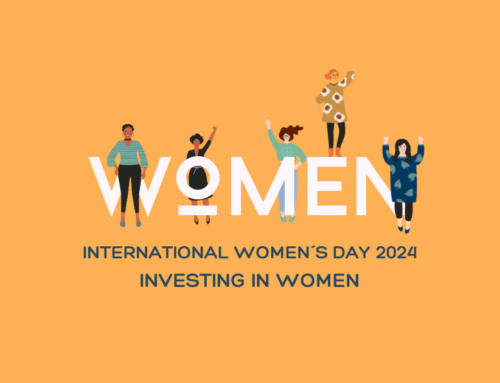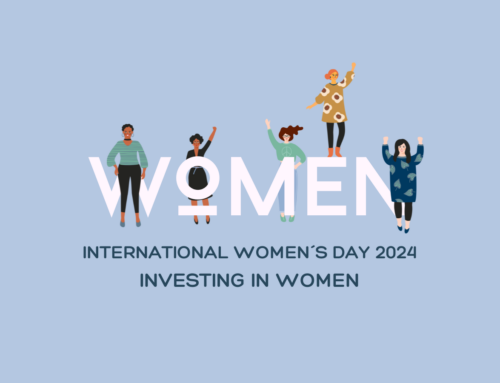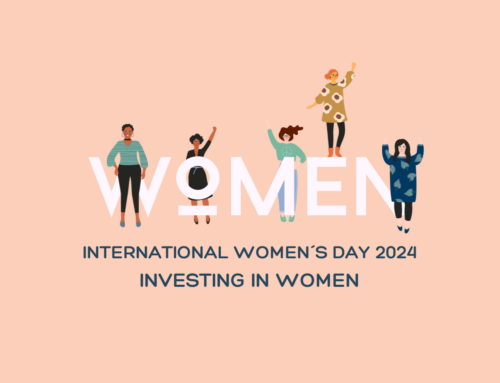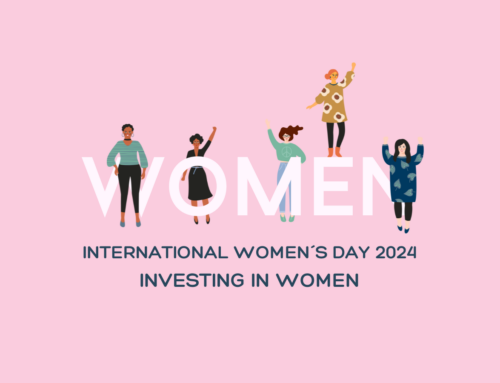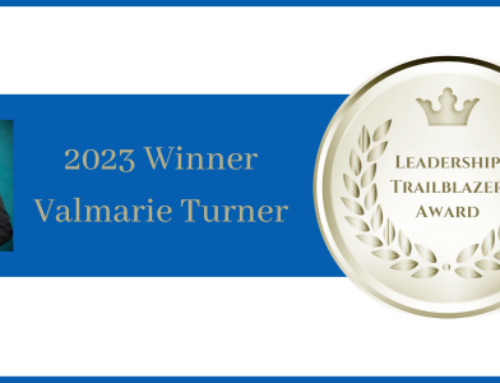How can local governments create gender-inclusive workplaces?
By Leisha DeHart-Davis, PhD, University of North Carolina at Chapel Hill & Tope Olofintuyi, Research Assistant, University of North Carolina at Chapel Hill
How can local governments create gender-inclusive workplaces? This is an important question given substantial evidence that gender-balanced leadership makes for more effective organizations. Yet women are still woefully underrepresented in the senior ranks of America’s cities and counties. As a result, local government organizations need to be intentional in pursuing gender inclusivity.
Gender mainstreaming is one strategy for doing so. The idea came from the United Nations Fourth World Conference on Women in Beijing in 1995, when representatives from 189 nations came together to strategize about how best to elevate the status of women around the globe. (Think domestic violence protections, inheritance rights and reproductive health).
Gender mainstreaming was originally conceived as a strategy for ensuring that national policy processes considered the concerns of women. But it can apply to local governments as well, by scrutinizing important policies, structures and decisions for gender effects. Four principles are involved:
Gender Awareness: Organizational leaders – the city or county manager, council members, department heads — have to be aware of gender dynamics in organizational life, whether related to pay disparities, work-life imbalance or cultural expectations for gendered behavior (e.g., women are nurturing, men are in control). This can take the form of informal deep-dive discussions, focused agenda items, or gender experts as guest speakers in management and council meetings;
Gender Data: Local governments can collect, analyze and act upon data related to gender. So employee survey data is analyzed by gender; comp and class surveys compare male versus female salaries; and the gender composition of senior management is continuously monitored;
Gender Representation: Both women and men are at the table of local government decision-making, whether on citizen advisory groups, executive-level search committees, or senior management teams. To illustrate, is your police chief planning to retire in a few years? Start thinking now about how to recruit a gender-diverse applicant pool. And don’t say it can’t be done. In North Carolina alone, four major police forces –Raleigh, Durham, Morrisville and North Carolina Central University — all have female police chiefs.
Gender Commitment: Local governments should commit to gender inclusion in writing, whether in the mission statement, diversity philosophy, or hiring guidelines. This means more than just referencing being an EEOC employer, which is more of a legal statement anyway. It means spelling out a commitment to gender diversity, including the underlying rationale and values, on your website, in orientation materials and employee newsletters. Then walking the walk, offering flexible work schedules, emphasizing work-life balance, and ensuring that career opportunities are equally available to men and women.
We will know that gender mainstreaming works when gender balanced local government is considered normal and legitimate, by citizens, elected officials and employees. Local government has a long way to go, but gender mainstreaming is a practical and feasible tool for getting there.
_____
Leisha DeHart-Davis joined the UNC School of Government in 2012. She was named Albert and Gladys Hall Coates Distinguished Term Associate Professor for 2015–2017. She directs Human Capital Matters, a line of programming for human resource professionals in NC local government, and co-directs Engaging Women, a program that seeks to equip women to pursue public service leadership positions. DeHart-Davis was named a Top 100 Local Government Influencer by the Emerging Local Government Leaders Network in 2016. She teaches human resource management and the portfolio course in the School’s Master of Public Administration program. Her book, Creating Effective Rules in Public Sector Organizations, will be published by Georgetown University Press in early 2017. She chairs the board of advisors to Arizona State University’s Center for Organizational Research and Design and the Public and Nonprofit Division of the Academy of Management. She also serves on the board of the Public Management Research Association. DeHart-Davis holds a PhD in public policy from the Georgia Institute of Technology.
Tope Olofintuyi is a graduate of the University of North Carolina at Chapel Hill and a research assistant to Dr. Leisha Depart-Davis. She holds a Bachelor of Arts in Public Policy, Concentration in Global and U.S. Health Care with a minor in Social and Economic Justice.




